Deaf Awareness Week
October 1, 2018
Last week was Deaf Awareness Week, also known as International Week of the Deaf (IWD). The last week of September is always IWD, starting on Monday and ending on the last Sunday of the month, which is Day of the Deaf.
Kansas City is one of few cities across the country that has a strong deaf community. The Kansas School for the Deaf is located in Olathe, as well as a deaf cultural center, attracting many who are hard of hearing. Some of these elements are featured in the show “Switched at Birth,” which takes place in Kansas City and stars many deaf characters. It also deals with many issues that members of the deaf community face on a regular basis.
There are many different types of deaf people. Typically, the deaf community includes those who are completely deaf and those who are hard of hearing. Everyone in the deaf community is comfortable with different things. Some can speak while others choose not to. Many sign, but not all do. Some lead very deaf centered lives, attending schools for the deaf, often with an interpreter, not speaking, not lip reading, only signing and associating with predominately others of the deaf community, while some are more mainstream, attending regular schools, speaking, lip leading and living as any hearing person would. Some are completely deaf, others have various degrees of hearing loss and some have cochlear implants.
Cochlear implants are devices that a deaf person can get surgically implanted that allow them to hear by bypassing everything that “normal” sounds would go through in the ear and replacing these natural soundwaves with electronic hearing. Those with cochlear implants can turn their hearing on and off by wearing a magnetic earpiece with a transmitter, processor and microphone. This looks like a hearing aid with a wire to a magnet attached to its user’s head.
Regardless of how many deaf people you know, what kind of deafness they have or how they prefer to communicate, learning American Sign Language (ASL) is super useful. It’s not a common language, but for many members of the deaf community, it’s the only language they have. ASL is such an interesting language and everyone should learn at least some basics. You never know when you may need it, and if you never do, it’s a fun way to communicate with your friends in secret. I believe that everyone should know how to say at least the alphabet, ask if someone is deaf, and communicate one’s name and signing abilities (or lack thereof).
Tips for Dealing with the Deaf:
- Don’t yell- No matter how loud you speak, it doesn’t change the fact that they are deaf and can’t hear you.
- Face them and speak as steady and clear as possible- Many people who are deaf or hard of hearing can read lips. Lip reading is not a perfected science so don’t try to over annunciate or lip sync. Just speak as you normally would, but be sure to face them so that they can see your mouth. Turning your head, mumbling or making weird faces can make it much harder to communicate.
- Be patient- Communicating with someone who doesn’t have all of their five senses is a challenge, but it’s not their fault. You can always find a way to communicate, even if they can’t speak English or can’t sign. You can use written communication, find an interpreter or take advantage of technology.
- Ask- Everyone is different and many people within the deaf community prefer to communicate in their own way. Some people are completely deaf, some are just hard of hearing and some are deaf, but have cochlear implants. Some people sign, some read lips, some speak, some don’t, some write, some use a translator. Everyone uses whatever form of communication is most comfortable for them.
- Getting their attention- This may be challenge because you don’t want to seem rude. Most deaf people don’t mind if you wave, tap their shoulder or flicker a light (if possible).

